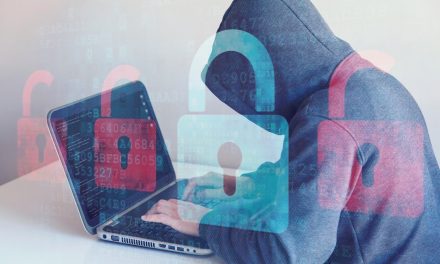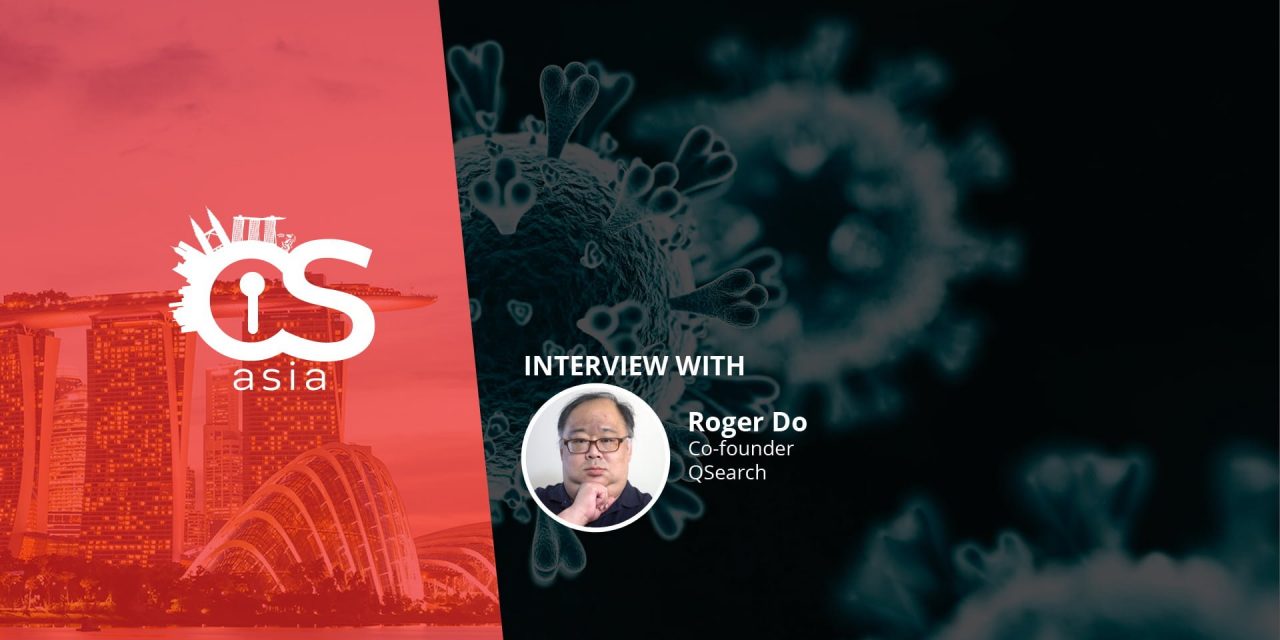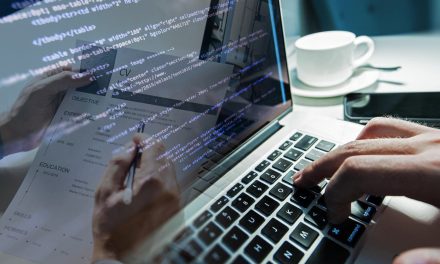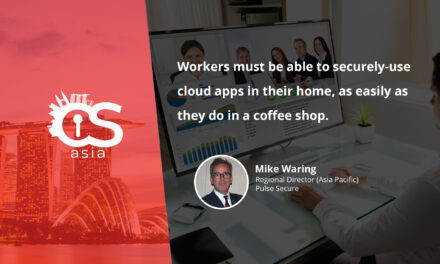Across South-east Asia and India, social media is amplifying government efforts to curb new coronavirus infections – but it can also pose challenges associated with fake news.
Fake COVID-19 news can travel faster than the virus itself, and if people are misled about the facts of the situation, behavior modification, or policy compliance, it will be harder to contain.
While the virus is 100% preventable with social distancing and other behavioral changes, few governments are able to allocate sufficient bandwidth to stopping all fake news.
CybersecAsia speaks with Roger Do, Co-founder of QSearch, a social media intelligence service that is a recognized authority in social trend analysis, influence operation, and memetic contagion through big data.
Although most estimates predict any vaccine will be 12-18 months away, QSearch believes that we can stop the coronavirus without developing a vaccine if we can change mass behavior – and behavior can be changed now with proper media guidance and a stop to fake news that is spreading across the region, especially among under-educated parts of the population.
What are the pros and cons of social media in dealing with the current COVID-19 pandemic?
Do: The downside of the epidemic in the era of social media is that virtual content travels faster than the actual virus. We consume social content consistently and continuously, and so it modifies our behaviors and perceptions much more effectively and cheaply than the traditional media. As a result, we’re more likely to be affected by a media virus than by the COVID virus.
When QSearch was coding the alert for the Gulf states, the top four most shared COVID news was all shady. The top three were news about miraculous (and fake) remedies, while the fourth most shared content in Farsi was a Russia Today (RT) article reporting on China’s claim that COVID-19 is a bioweapon from the United States.
The advantage of social media in this time of crisis is that people can also be connected positively during our social isolation. Social platforms like Facebook, Whatsapp, and even game systems like Nintendo Switch, are helping people cope with cabin fever by enabling social interactions with friends and strangers. Interestingly, major social platforms are all seeing a surge in usage and a drop in monetization through advertising. COVID will prove social media is valuable and its virtue may outweigh its vices, but it also shows that commercialization of authentic connections are still a long way off.
In your opinion, how should countries in the Asia region deal with fake news, especially when resources and bandwidth are tied up in a pandemic situation?
Do: In addition to technical means, countries in Asia have strong social capacity unique to Asia. The diverse religious, ethnic, and linguistic groups among most cities can be harnessed to form memetic circuit breakers, with government deputizing elected representatives and civic-minded leaders to chair ad-hoc communication committees, each with assigned medical professionals to provide the right info and timely correctives. Also, the government can harness the power to shame persistently irresponsible media, influencers, and grassroots leaders for inflammatory and false information without outright censorship.
From technical means, most countries have an abundance of under-used capacity. All the startups in the region have excess tech capacity that is idle and just wanting to help. All the government has to do is simply ask the startups to help along with some general guidelines, and the resulting product will be in days, not weeks.
The Taiwan government has launched chatbots that reside on social app Line. The chatbot can conduct daily health questionnaires, disprove fake news with, and offer a media center full of information on where to buy masks and local pharmacies’ current inventory of masks. It can also offer official news about COVID infections domestically and internationally, popular education materials about the epidemic, and news regarding vaccinations. A dedicated hotline to call for information and services is also available through the Line chatbot.
Singapore has a strong contract tracing capability, and are bringing more technical solutions online to make their civic workforce more effective.
What is QSearch, and which governments and other organizations in the region have used it?
Do: QSearch creates social intelligence from diverse social data, and we offer this as a Big Data Analytics dashboard in real-time. During this COVID crisis, we’re providing free viral news alerts to the governments of Singapore, Malaysia, and the Philippines.
Our clients have used QSearch for market research, advertising campaign benchmarking, influence attribution, and proper pricing of influencers and outcome calculations.
We have helped government agencies monitor fake medical news, promote the industry adoption of social media as a competitive advantage, as well as provide analysis of regional influence by nation-states.
How does it work? And how does it complement governments’ and health organizations’ efforts in correcting disinformation, and ensuring accurate and timely information is disseminated instead?
Do: Our system scans social media content, and we offer two alerts; one is based on how fast content is shared, and the second one is based on how fast content is causing anger and disgust. When content is fast sharing or fast angering, our system emails the content to the registered government addresses so the officials can view the content and determine if action needs to be taken.
We felt this was the fastest way to work with the governments. Usually, our platform can send an alert about three hours from when content is posted to when it has viral potential. The email allows us to start working with the government without any IT infrastructure, and the email also serves as a record for the agency to analyze the situation when they have time.
The most direct example is our work with a national legislator working with the Philippines’ Department of Health to monitor the news for false COVID remedies as well as COVID test kits, its impact on medical professionals, and possible fraudulent criminality.





















